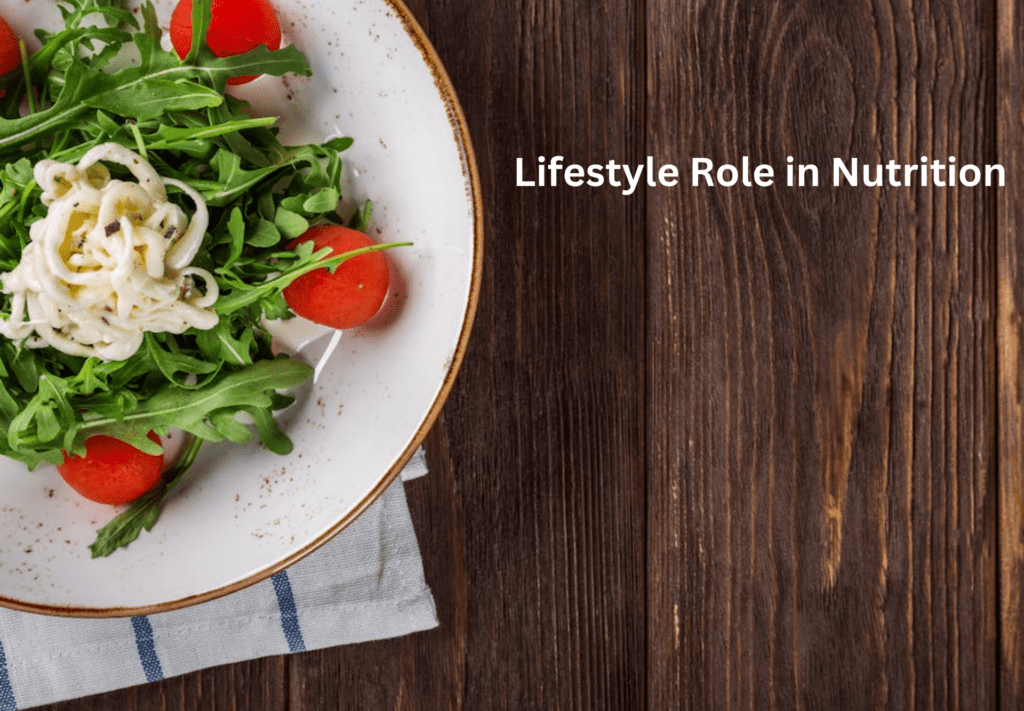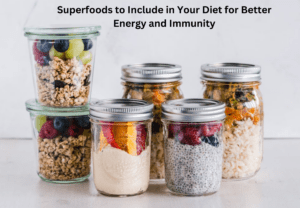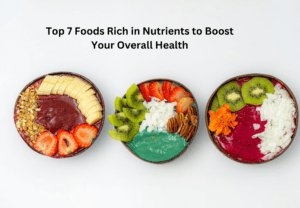It is easy to get carried away with the latest diets or trends in good nutrition. Indeed, it would not be surprising with all the information floating in the air these days. Diets and foods seem everywhere; increasingly, it gets harder to know what works on your body and what does not or what’s simply a trend. But below healthy eating lies something so pedestrian yet profound: feed your body correctly. But precisely what does your body even need?
Nutrition Broken Down
Please take all the healthy eating essentials and condense them into four groups: carbs, proteins, fats, vitamins, minerals, and water. And every single one is imperative in helping you look and feel your best.
- Carbohydrates: Carbohydrates are the body’s fuel. Carbs include bread, pasta, rice, fruits, and vegetables. They get a bad rap sometimes, but the point is that suitable types of carbohydrates, whole grains, fruits, and vegetables, provide steady fuel. Simple carbs, like sugar, make your energy skyrocket but plummet just as fast. For long-lasting fuel, stick to the complex stuff.
- Proteins: Proteins in the body help construct and repair tissues. They are also necessary to allow muscles to grow or build. This constituent is more evidently needed to allow muscles to perform or maintain their function. The best sources of proteins are eggs, lean meats, fish, beans, and nuts.
- Fat: Fats are not the bad guys but the good guys; they allow your body to absorb vitamins your diet requires and ensure your cells work correctly so your brain can function as much as it does fats or trans fats, which cause heart disease.
- Vitamins and minerals: Vitamins and minerals are micronutrients that have more than one function in your body. For example, they include immune function and, more importantly, the support of the health of your bones. For instance, vitamin C helps fight infection, and calcium helps form strong bones. A sure way of getting different nutrients would be having a colourful plate of fruits and vegetables.
- Water: It is often overlooked, but water is one of the most vital nutrients. It plays a crucial role in nearly everything from digestion to temperature regulation. Dehydration can gradually lead to fatigue, headaches and even more severe issues with time. You should drink at least eight glasses daily, but more if you are energetic or living in a hot environment.
How Your Body Uses These Nutrients
Your body is well-oiled, but even the best engines need the right fuel to continue running. So here is how all these nutrients work together to keep things humming:
- Energy Production: This is the energy the body needs to perform daily functions, from walking to thinking. Once all carbs have been used up, the body switches to fat to create energy. Protein can also make energy but is usually provided only for tissue repair.
- Cell repair and growth: Cell repair and growth need more proteins; they assist the body in building up and repairing tissues. Thus, with fewer proteins, the body would never fix itself after an exercise or an injury.
- Immunity Support: All contain a blend of vitamins and minerals high in vitamin C, vitamin D, and zinc. This will maintain the strength of your immunity, and your body will be prepared to fight illness and recover rapidly if you get ill.
- Brain Function: The fat fish and other healthy fats are so rich in omega-3 fatty acids that they maintain the brain’s working system and the whole brain’s intact performance. Without them, they feel dull or mentally blurry
Balance of Healthy Diet
So, how does all that work? It is the balance of everything. Then there is the right mixture of macronutrients in a diet- the right carbs, proteins, and fats accompanied by different micronutrients; it would include various kinds of vitamins and minerals to ensure the body possesses everything.
It was not so much a perfect diet but not too refined-plain good ol’ veggies, some lean meat, whole grain, lots of water, and not deprivation; smart most of the time, indulgent at others. Eat mindfully, and listen to your body.
The other nutrition tip is listening to your body. Your body very often signals whether you are hungry or not. Mindful eating involves noticing what your body is feeling rather than just mechanically putting food into your mouth. This can also help prevent overeating and give you a sense of how much your body needs.
Nutrition happens when you consume, not enjoy or feel. It is easily overlooked to miss one. Being more aware of where I am putting my body is a massive leap toward feeling better about that day.
Lifestyle Role in Nutrition
Even though proper dieting is the key, nutrition does not exist independently of a vacuum. There is the question of just how much you can sleep, stress about anything, and have under the way of exerting that can come together in what fashion to influence just how the body does with what one offers.
- Sleep: Good nutrition equals sleep in the food that you take. Deep sleep is when your body works repairing and rebuilding tissues, nutrient processing and hormone balancing. If these processes are not allowed to go on well due to lack of good sleep, even if the diet is proper, you will feel tired and lethargic.
- Physical exercises: They keep your body absorbing nutrients rightly and increase the rate of metabolism, digestion, and overall energy. It is some brisk walk, yoga session or high-intensity workout; the movement of the human body keeps that in fantastic working conditions. The body burns its energy while exercising; therefore, it requires ample amounts of nutrients, before and after any exercise, to regain its muscles too to flourish.
- Stress: It would interfere with the proper digestion and absorption of nutrients; therefore, your body wouldn’t be able to absorb much from healthy food consumption. It could also divert you to sugary or high-fat foods to tolerate it. The best part is that it can be controlled with mindfulness or relaxation techniques or even the simplest few deep breaths on a busy day.
Conclusion
This means that, in simple language, good science nutrition recognizes what the body needs and supplies it properly. Balance, variety, and choices thus make sense from the immediate health perspective and the long-run view.
Some hype will seep in, or you’ll look for fixes or shortcuts. Focus instead on feeding the body good-quality food, activity, and stress control with good sleep to keep you feeling great. Now, also invest in a better and longer-term future.
FAQ
1. What is healthy nutrition?
Thus, good nutrition is a healthy, nutritious, balanced, and mixed diet, providing the human body with a wholesome nutrient source. Thus, the nutritional group is only an accumulation of carbohydrates, proteins, fats, vitamins, minerals and water. It is about giving your body nutrients and a healthy diet where the body would acquire some source of energy to be operating and will allow it to grow better, enhance immune operating systems and many others.
2. How would I know what I consume is good for my body?
Whole food-based healthy diet: includes high fibre-rich foods like fruits, veggies, whole grains, lean meats/fish/poultry, nuts/nut butter, and even more healthy fats. Eat enough foods from each category for a balanced intake. So, most likely, you already do well in the areas that should not be overeating-such as processed meals, tons of sugar or fat.
3. Can I have all my favourite foods and be healthy?
Yes! Nutrition is a matter of balance. You do not need to remove all your favourite treats from the diet; have them in moderation. Then, you should spend the rest of your time feeding your body, and you can indulge a little without guilt.
4. How much water should I drink per day?
A rough estimate is at least eight 8-ounce glasses per day, about 2 litres or half a gallon. However, this is relative to age, activity level, and climate. For example, you might need to drink much more than this if you are hyperactive, as would everyone living in a warm environment.
5. Is there any necessity to supplement using other nutrients?
Generally, the best source of your desired nutrition will always be whole foods rather than supplements. Supplements can only be compared in terms of their broad spectrum of vitamins, minerals, and fibre and cannot be matched. Others may also require supplements for specific cases, such as certain deficiencies and diets, like vegans who require supplementary vitamin B12. After all, a consultation with any health provider should always be done before taking any supplement.





